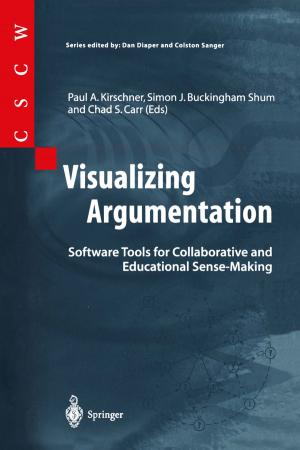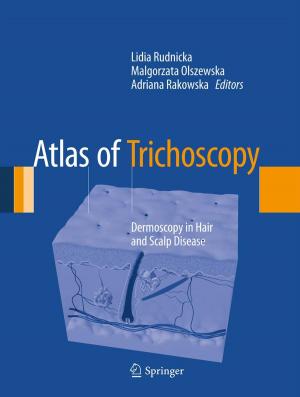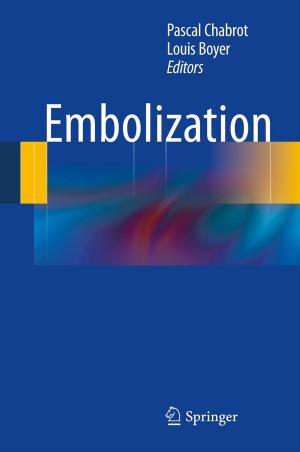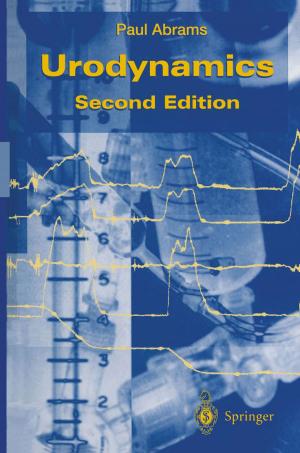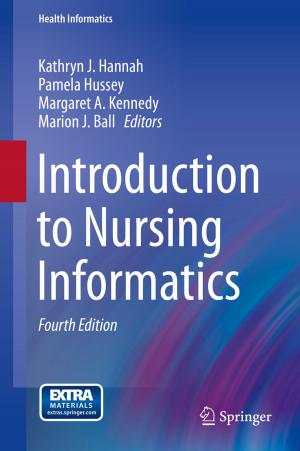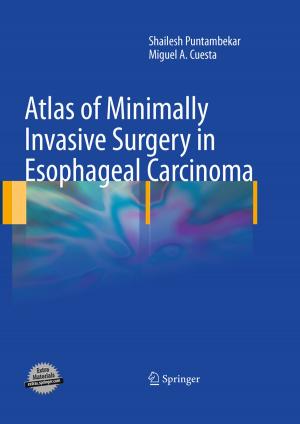| Author: | Nicholas R. Galloway, Stephen A. Vernon | ISBN: | 9781447116240 |
| Publisher: | Springer London | Publication: | December 6, 2012 |
| Imprint: | Springer | Language: | English |
| Author: | Nicholas R. Galloway, Stephen A. Vernon |
| ISBN: | 9781447116240 |
| Publisher: | Springer London |
| Publication: | December 6, 2012 |
| Imprint: | Springer |
| Language: | English |
This series of multiple choice questions is based on the textbook Common Eye Diseases And Their Management (1985), also from Springer-Verlag. The questions have been grouped to fit in with the chapter headings in the latter. Many of the questions are supported by expanded answers but further information should be sought in the textbook. The format of the questions has been arranged so that the number of true or false answers varies and we have taken pains to eliminate the ambiguities which tend to creep into multiple choice question papers. In compiling these questions, we have attempted to incorporate a number of key facts and it will be seen that these have occasionally been repeated for emphasis. A surprisingly large amount of information is contained in questions and answers, and simply reading through both can be a useful learning experience in itself. The questions have been aimed at the medical student level but it is hoped that they may be of some value to general practitioners outside ophthalmology and perhaps also to postgraduates. The computerised Kuder-Richardson reliability index, which measures the consistency of a student's perform ance, has shown these questions to be reliable in assessing a students' knowledge. A sample of these questions has been tested in another medical school and we understand that students' marks there equate well with the results from essay questions.
This series of multiple choice questions is based on the textbook Common Eye Diseases And Their Management (1985), also from Springer-Verlag. The questions have been grouped to fit in with the chapter headings in the latter. Many of the questions are supported by expanded answers but further information should be sought in the textbook. The format of the questions has been arranged so that the number of true or false answers varies and we have taken pains to eliminate the ambiguities which tend to creep into multiple choice question papers. In compiling these questions, we have attempted to incorporate a number of key facts and it will be seen that these have occasionally been repeated for emphasis. A surprisingly large amount of information is contained in questions and answers, and simply reading through both can be a useful learning experience in itself. The questions have been aimed at the medical student level but it is hoped that they may be of some value to general practitioners outside ophthalmology and perhaps also to postgraduates. The computerised Kuder-Richardson reliability index, which measures the consistency of a student's perform ance, has shown these questions to be reliable in assessing a students' knowledge. A sample of these questions has been tested in another medical school and we understand that students' marks there equate well with the results from essay questions.

